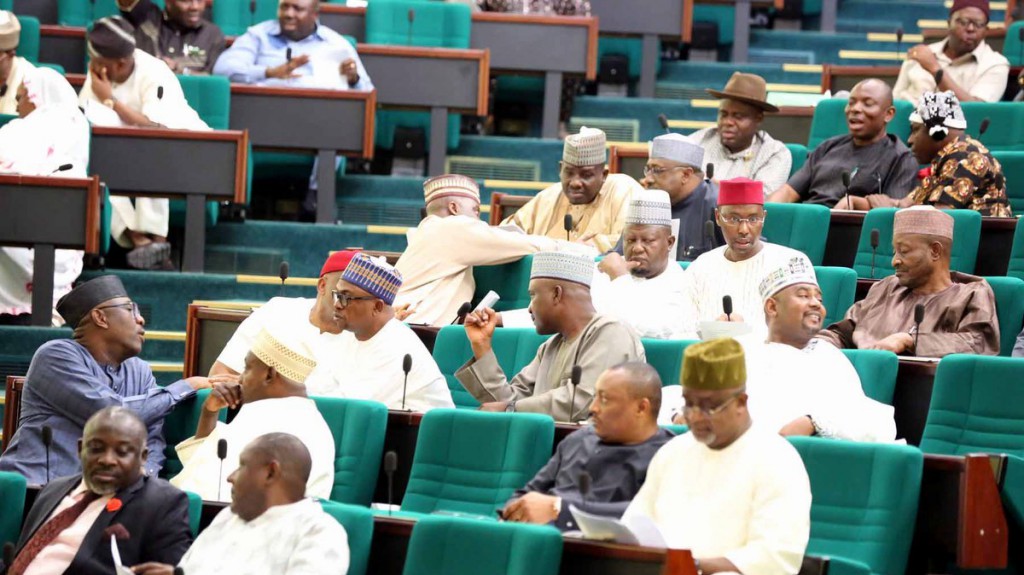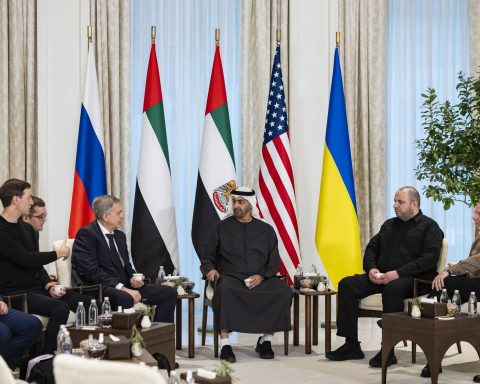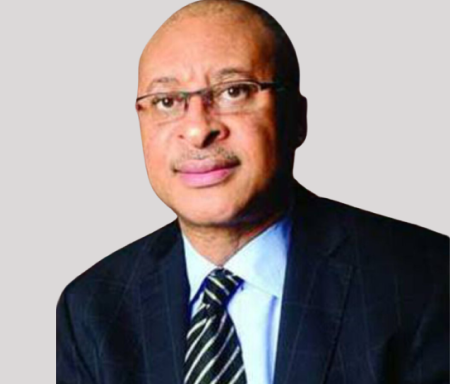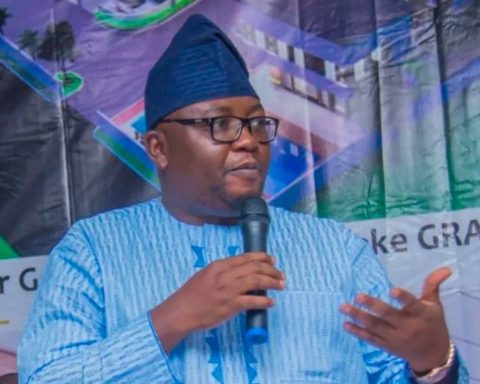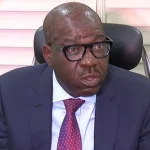The Revenue Mobilisation Allocation and Fiscal Commission (RMAFC) has officially commenced a comprehensive review of Nigeria’s Revenue Allocation Formula (RAF), a move set to reshape the country’s fiscal federalism and address long-standing resource disparities between federal, state, and local governments.
At a press briefing held at the Shehu Musa Yar’Adua Centre in Abuja on Monday, RMAFC Chairman Dr. Bello Shehu, described the exercise as both a constitutional mandate and an urgent response to Nigeria’s shifting socio-economic landscape.
Join our WhatsApp Channel“This marks the formal unveiling of our effort to review the current formula for sharing revenue among the three tiers of government,” Dr. Shehu said.
Under the existing arrangement, revenue is shared as follows: Federal Government, 52.68%; States, 26.72%; and Local Governments, 20.60%.
The Commission had prepared a new Revenue Allocation Formula in 2022 but it was jettisoned by the 9th Assembly due to the Constitutional Amendment which it undertook, which devolved certain responsibilities such as generation, transmission, and distribution of electricity; railways; and prisons (Correctional Centres), from the Exclusive to the Concurrent Legislative
The last major review of the revenue allocation framework was carried out in 1992, with only minor adjustments implemented through executive orders since 2002. Nigeria has since undergone significant demographic growth, economic diversification, and constitutional amendments, creating new financial responsibilities for subnational governments.
“The recent constitutional changes devolved critical functions such as power generation, railways, and correctional services to states, imposing additional financial and administrative burdens,” Dr. Shehu explained. “This makes it essential to reevaluate how resources are shared to ensure economic sustainability and growth.”
READ ALSO:
- 10 Nigerian States With Highest IGR In 2023
- FAAC: South-south Region Emerges Top, Receives ₦1.56trn Allocation In Six Months
- New Investor Quietly Takes Over As Majority Shareholder Of Sovereign Trust Insurance
The review is intended to produce a formula that reflects the current responsibilities, needs, and capacities of the federal, state, and local governments. For Nigerians, the outcome could mean a more equitable distribution of funds, improved service delivery, and a stronger fiscal structure capable of supporting developmental priorities across the country.
Chairman of the Revenue Allocation Formula Committee and Federal Commissioner representing Katsina State, Alh Kabir Mashi, assured that the review will be rigorous and inclusive.
“This is not just about numbers; it is about fairness and justice in resource allocation. We will consult the Presidency, National Assembly, state governments, ALGON, the judiciary, civil society, private sector actors, and development partners to ensure the new formula is evidence-based and reflective of Nigeria’s economic realities,” he said.
RMAFC confirmed it will rely on research, empirical data, and international best practices to guide the process, underscoring its commitment to transparency and national acceptance of the outcome. Stakeholders at the briefing urged the Commission to ensure that revenue allocation promotes true federalism and links funds to infrastructural development.
For ordinary Nigerians, the review could translate into more efficient public spending, fairer funding for states and local governments, and an opportunity to address fiscal inequalities that have persisted for decades.
Amanze Chinonye is a Staff Correspondent at Prime Business Africa, a rising star in the literary world, weaving captivating stories that transport readers to the vibrant landscapes of Nigeria and the rest of Africa. With a unique voice that blends with the newspaper's tradition and style, Chinonye's writing is a masterful exploration of the human condition, delving into themes of identity, culture, and social justice. Through her words, Chinonye paints vivid portraits of everyday African life, from the bustling markets of Nigeria's Lagos to the quiet villages of South Africa's countryside . With a keen eye for detail and a deep understanding of the complexities of Nigerian society, Chinonye's writing is both a testament to the country's rich cultural heritage and a powerful call to action for a brighter future. As a writer, Chinonye is a true storyteller, using her dexterity to educate, inspire, and uplift readers around the world.


